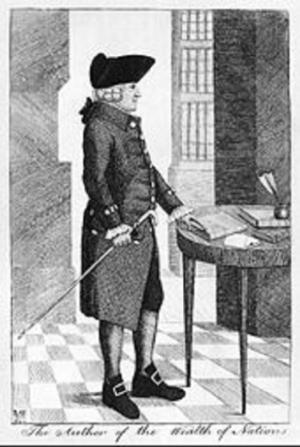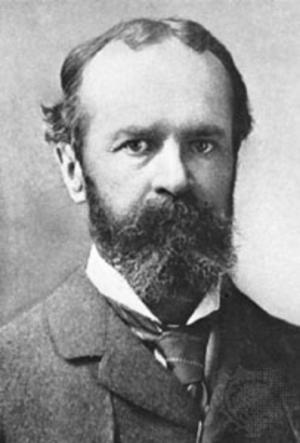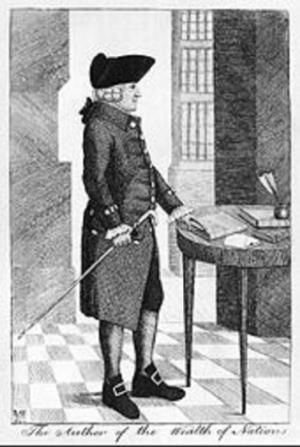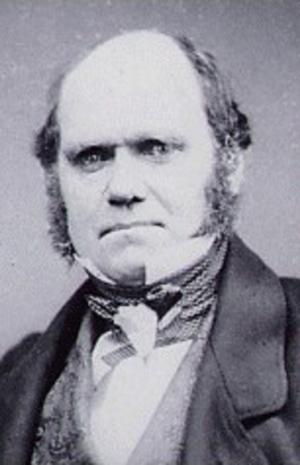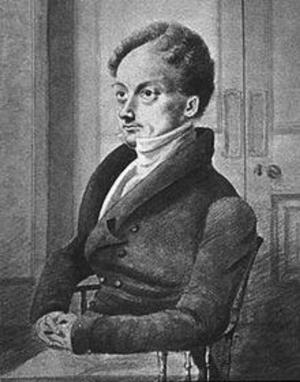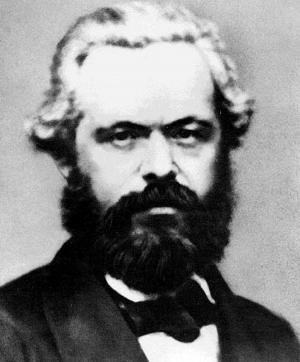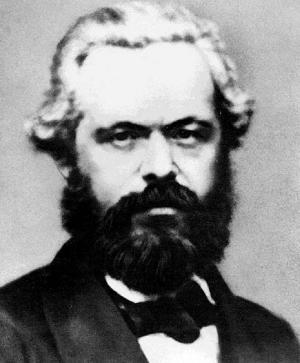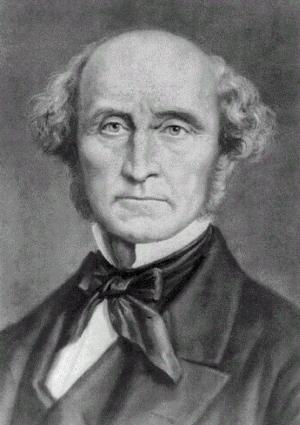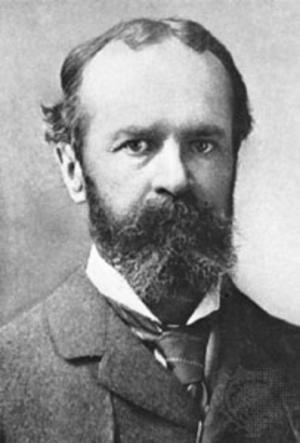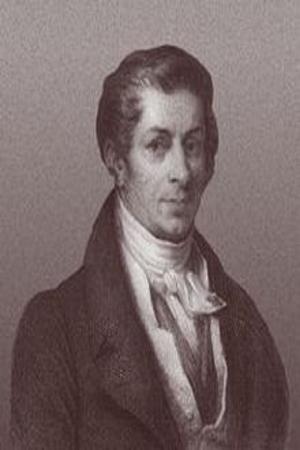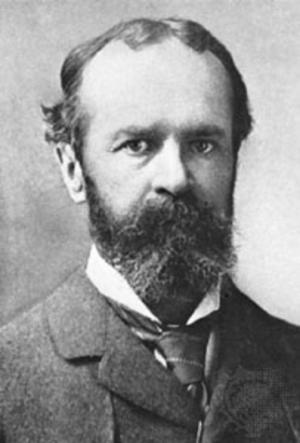Our Land and Land Policy (Illustrated)
Business & Finance, Economics, Macroeconomics, Theory of Economics| Author: | Henry George | ISBN: | 1230000264599 |
| Publisher: | AS Team | Publication: | August 30, 2014 |
| Imprint: | Language: | English |
| Author: | Henry George |
| ISBN: | 1230000264599 |
| Publisher: | AS Team |
| Publication: | August 30, 2014 |
| Imprint: | |
| Language: | English |
The book has an active table of contents for reads to easy access to each chapter.
Henry George’s analysis and remedy are directly from classical economic theory seeded by Adam Smith, David Ricardo, and John Stuart Mill. The giants had already decried the evils of concentrated land ownership, which they called “land monopoly”. George carried classical economics to its logical conclusion, and popularized that conclusion with stunning effect.
Henry George is best known for his Progress and Poverty that Albert Einstein designated George a "beautiful combination of intellectual keenness, artistic forum, and fervent love of justice". However, Protection or Free Trade by Henry George is a more significant work on the nature of free trade.
Even before the publication of Progress and Poverty in 1877, Henry George published Our Land and Land Policy in 1870. This was the first book that Henry George developed the philosophy and economic ideology known as Georgism. He argued that everyone owns what he or she creates. However, everything found in nature including land belongs equally to all humanity. Henry George had written extensively in this book about what he considered to be the causes for worldwide economic inequity; land monopolization and speculation by wealthy entrepreneurs and corrupt politicians. But Henry George was optimistic with a solution for a possible brighter future, for a world in which disparities between people of different classes could be adjusted. His solution with a single tax on land is still relevant to daily life of millions of Americans and his theory for land tax is the great theoretical foundation for the knowledge based economic system of America today.
This book is for the readers who are interested in the pioneer work and essential thoughts of land value pioneered by Henry George, one of the greatest American economists.
The book has an active table of contents for reads to easy access to each chapter.
Henry George’s analysis and remedy are directly from classical economic theory seeded by Adam Smith, David Ricardo, and John Stuart Mill. The giants had already decried the evils of concentrated land ownership, which they called “land monopoly”. George carried classical economics to its logical conclusion, and popularized that conclusion with stunning effect.
Henry George is best known for his Progress and Poverty that Albert Einstein designated George a "beautiful combination of intellectual keenness, artistic forum, and fervent love of justice". However, Protection or Free Trade by Henry George is a more significant work on the nature of free trade.
Even before the publication of Progress and Poverty in 1877, Henry George published Our Land and Land Policy in 1870. This was the first book that Henry George developed the philosophy and economic ideology known as Georgism. He argued that everyone owns what he or she creates. However, everything found in nature including land belongs equally to all humanity. Henry George had written extensively in this book about what he considered to be the causes for worldwide economic inequity; land monopolization and speculation by wealthy entrepreneurs and corrupt politicians. But Henry George was optimistic with a solution for a possible brighter future, for a world in which disparities between people of different classes could be adjusted. His solution with a single tax on land is still relevant to daily life of millions of Americans and his theory for land tax is the great theoretical foundation for the knowledge based economic system of America today.
This book is for the readers who are interested in the pioneer work and essential thoughts of land value pioneered by Henry George, one of the greatest American economists.


